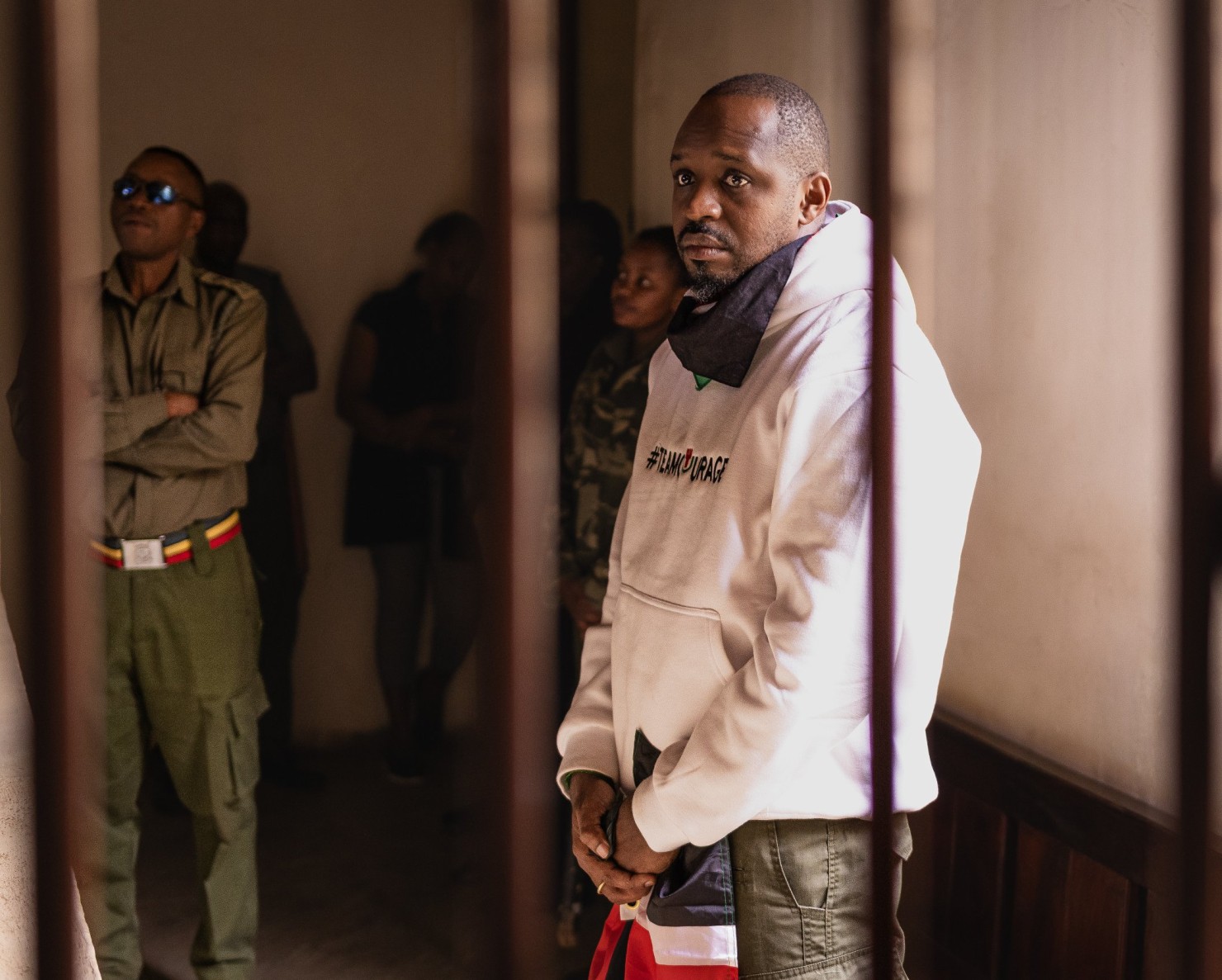Explainer: What you need to know about ammunition charges in Kenya

A personal bond allows the accused to remain free without depositing money or presenting a surety, on condition that they commit to appear in court and follow the set terms.
Human rights defender Boniface Mwangi was on Monday charged at the Kahawa Law Courts with illegal possession of ammunition, a crime that could see him jailed for up to seven years if found guilty.
The court session comes a day after a dramatic police raid on his home and office, which Mwangi and his supporters have described as politically driven.
According to court filings seen by Radio Generation Kenya, Mwangi is accused of possessing “an explosive device, to wit, three tear gas canisters without lawful authority,” and a single round of blank ammunition. He denied the charges and was released on a personal bond of Sh1 million.
A personal bond allows the accused to remain free without depositing money or presenting a surety, on condition that they commit to appear in court and follow the set terms.
Mwangi’s arrest followed a Sunday operation led by officers from the Directorate of Criminal Investigations (DCI), who reportedly seized several items from his home in Lukenya and his office in Nairobi.
Among the items listed were computers, mobile phones, hard drives, notebooks, three tear gas canisters, and one blank round.
The case has drawn attention not just because of Mwangi’s profile but also due to the heavy penalties tied to the offence.
Kenyan law, through Section 4(3) of the Firearms Act, makes possession of ammunition without a valid firearm certificate a serious offence punishable by a jail term ranging from seven to fifteen years.
The law provides even stricter penalties when the weapons or ammunition are classified as restricted or prohibited. For example, possession of specific firearms like the AK47, G3, or MP5 without legal authority attracts a mandatory life sentence.
The same sentence applies to licensed owners who knowingly lend such weapons for use in criminal activity.
Earlier speculation suggested Mwangi could face terrorism-related charges, but the official charges presented in court focused only on ammunition possession. This shift has fuelled further debate on the intent behind his arrest.
Mwangi, known for his activism on governance and justice issues, insists the charges are an attempt to silence him. He maintains that he has not broken any law and is prepared to defend himself in court.
Despite the charges, courts can take into account mitigating factors such as the background of the accused and the nature of the items involved. Still, the law offers little flexibility on jail terms for such offences, especially when they involve restricted items like tear gas canisters.
With Mwangi’s trial set to proceed, the case is expected to remain in the public spotlight given his strong support base and the ongoing concerns about civic freedoms in the country.
